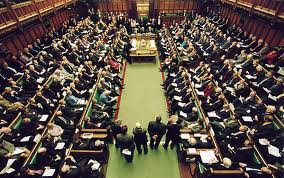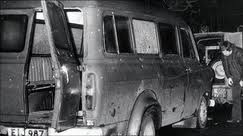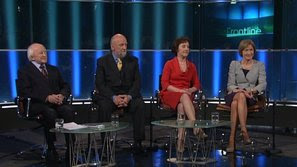It’s good to hear the PSNI plan this year to crack down on public consumption of alcohol at Twelfth of July parades, to confiscate it, to make arrests; good too to hear that the Orange Order supports this stance. But what did you expect them to say – we’ll go soft on drinking and look the other way, we think booze consumption is a traditional part of the Twelfth and let them go at it? Since its inception over 200 years ago, the Orange Order has had alcohol and public disorder march in step alongside it. For those who doubt this, check the facts in Andy Boyd’s excellent Holy War in Belfast.
Orange Order spokesmen like Drew Nelson will tell you that alcohol abuse is a society-wide problem and they’re right. But alcohol abuse and the Orange Order have been buddies for hundreds of years. Having the 3000+ Orange marches that characterize life in the north every year is like holding a marathon series of parties where a good excuse for drinking is on offer, and then acting surprised when people start falling around in your living room.
The implication behind the emphasis on rooting out alcohol from Orange parades is that if the booze problem could be cracked, we’d have a fun day (days/weeks/months) out in which all the family and all faiths could share. Uh-uh. Like it or lump it, Orange marches publicly celebrate the triumph of Protestantism over Catholicism. So remind me: how does that contribute to reconciliation? And what does the Orange Order’s refusal to engage with the Parades Commission tell us about its desire for a bright new tomorrow?
But let’s not despair. In his book The Orange Order: A Tradition Betrayed, Rev Brian Kennaway five years ago suggested that the Order’s numbers had collapsed from a high of around 100,000 to something more like 30,000. It’s hard to pinpoint particular reasons for this, but I like to think it's because sensible Protestants with more civilized views on alcohol, triumphalism and sectarianism have walked away.
Look, we all need some colour, music, fun in our lives. But these delights don’t have to be built on the back on an organisation that celebrates the victory of one side over another, and does so in places where it's not wanted. Most people who can arrange to get out of the north during the Twelfth period, do so. For most people, Catholic and Protestant, the spectacle of pugnacious sectarian drunks unbuttoning their flies in front gardens doesn't appeal.



















